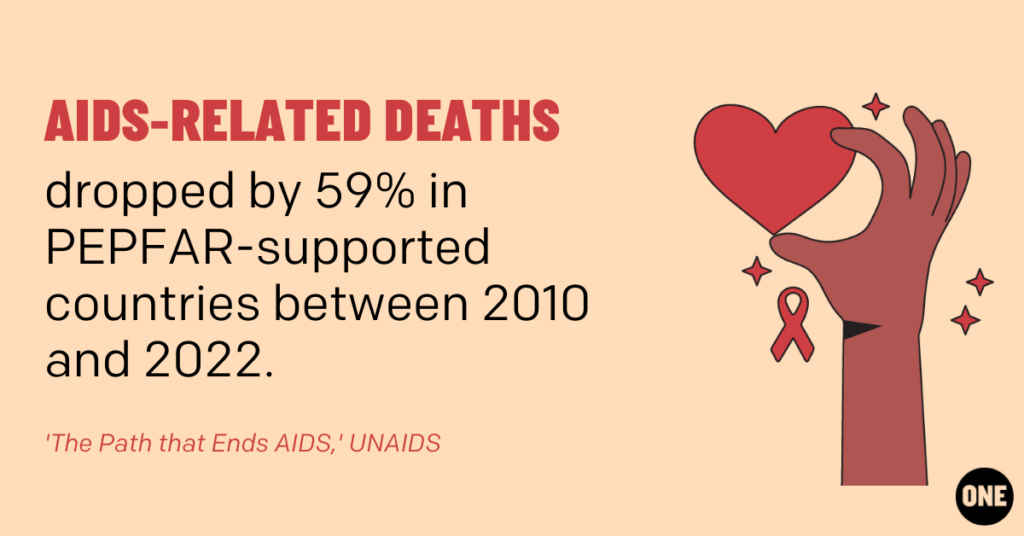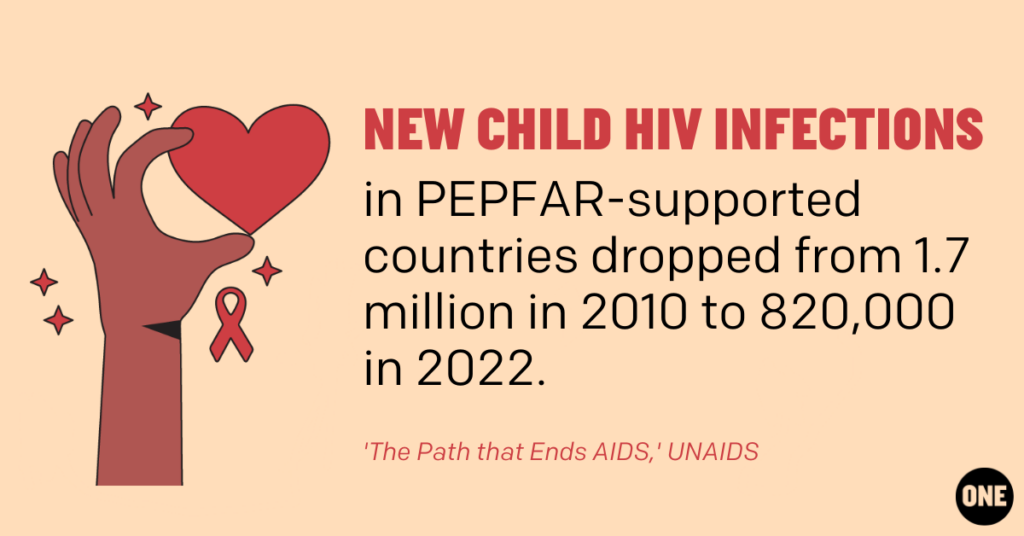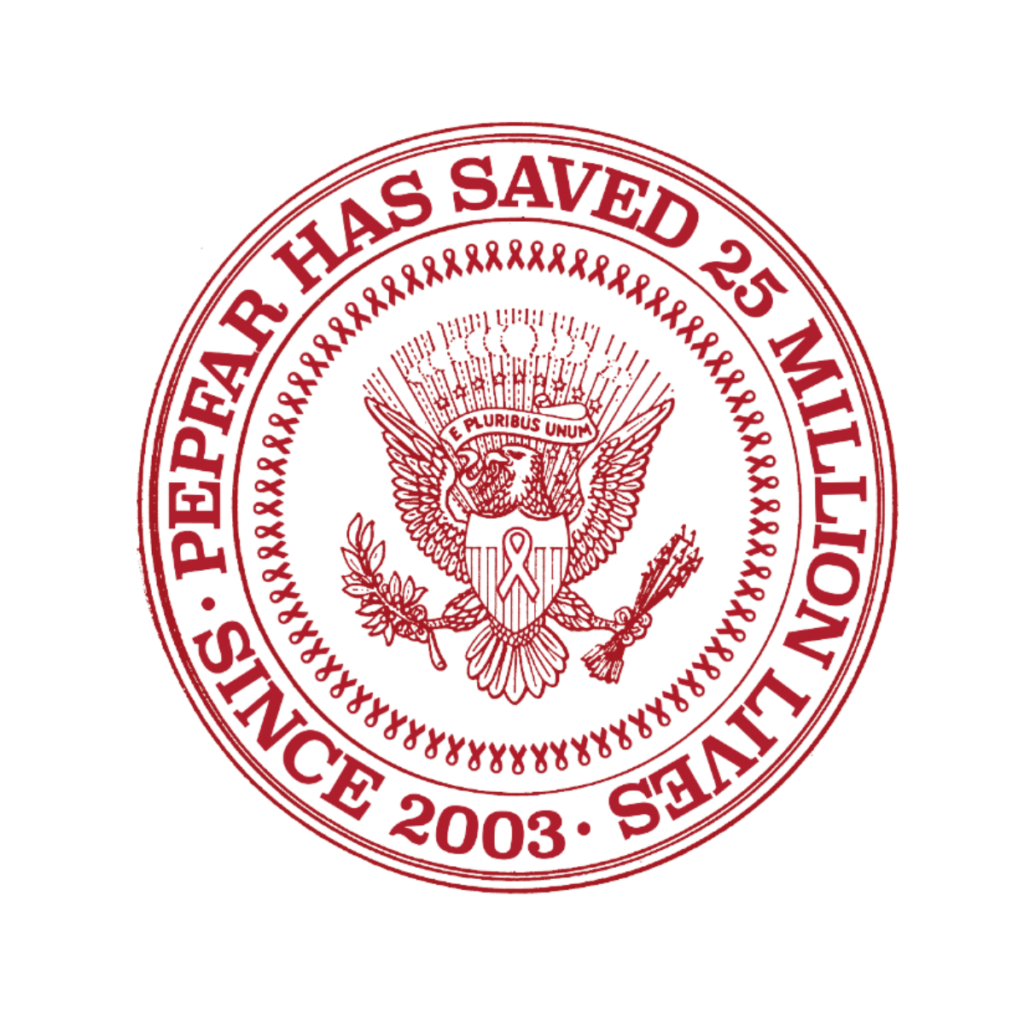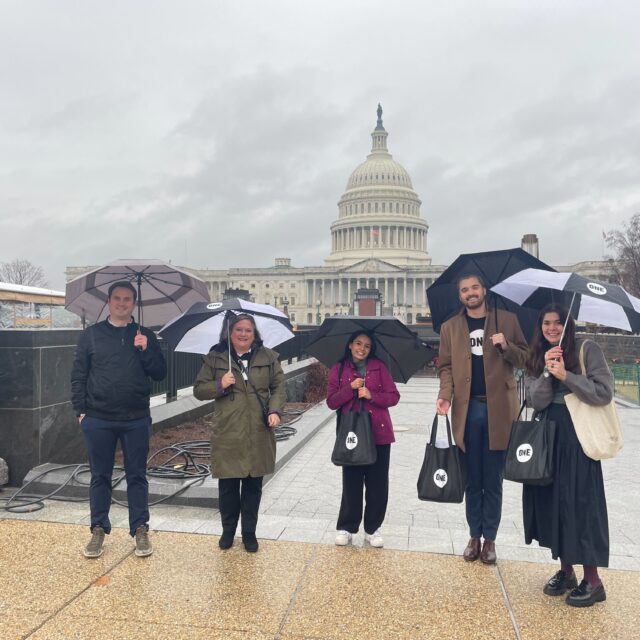A new report from the Joint United Nations Programme on HIV/AIDS (UNAIDS) found that HIV/AIDS can be ended as a public health threat by 2030 but only with continued effort from world leaders to keep up the fight.
We have the tools and resources to make it happen – we need the political will to see it through.
As @Tom_at_ONE notes: "The world could end AIDS if it chose to." 2/4 https://t.co/miRfT6RTbr
— ONE in America (@ONEinAmerica) July 13, 2023
The Path that Ends AIDS shows that significant progress has been made to combat HIV/AIDS since the peak of the epidemic, with the number of new HIV infections globally in 2022 dropping to its lowest point in decades.
And still: 630,000 people died from this preventable disease in 2022 more than one life lost every minute.
More than 630 000 people died of AIDS-related deaths last year despite HIV being preventable and treatable. This is 630 000 too many.
We can end AIDS and UNAIDS latest report tells you how.Read more – https://t.co/3JA3Qtb4Fs pic.twitter.com/H9MU19mvqj
— UNAIDS (@UNAIDS) July 17, 2023
If we want to end AIDS by 2030, we cant do it without tried-and-tested programs like the President’s Emergency Plan for AIDS Relief, or PEPFAR, which needs to be reauthorized by Congress this year. Since 2003, PEPFAR has helped save 25 million lives from HIV/AIDS and helped us reach many public health milestones along the way.
3 PEPFAR takeaways from the new UNAIDS report:
PEPFAR saves lives
Between prevention and treatment, PEPFAR has made decisive, continued impact on the fight against HIV/AIDS, according to UNAIDS. Between 2010 and 2022, new HIV infections dropped by 57% in PEPFAR-supported countries, as compared to 38% globally. AIDS-related deaths in those countries fell by 59% in the same time period.

PEPFAR promotes healthier futures for children
We know PEPFAR has helped ensure 5.5 million babies were born HIV-free and supports 7 million orphans and children through various programs.
The UNAIDS report breaks it down further. In PEPFAR-supported countries, between 2010 and 2022, new HIV infections among children dropped from 1.7 million to 820,000.

US support for the fight against HIV/AIDS leads partners to step up
Since 2003, the US has invested more than $100 billion in the global response to HIV/AIDS through PEPFAR the largest commitment by any one nation to fight a single disease.
While annual funding for PEPFAR hasnt changed much over the last decade, PEPFAR continues to have a positive impact on domestic financing for HIV in the countries where it works. According to UNAIDS, in the majority of PEPFAR-supported countries that provided data, the increase in funding from PEPFAR and the Global Fund to Fight AIDS, Tuberculosis and Malaria triggered an increase in their domestic HIV funding.
The fight against HIV/AIDS is one we can win provided we make the best use of the tools we know to be successful. Its imperative that Congress reauthorizes PEPFAR this year so it can continue its lifesaving work and move us closer to a day where we end HIV/AIDS as a public health threat for everyone, everywhere.

Want to learn more about PEPFAR? Keep an eye on the ONE blog this story is a part of our PEPFAR at 20 series highlighting the programs life-saving work while we fight for reauthorization in 2023!


